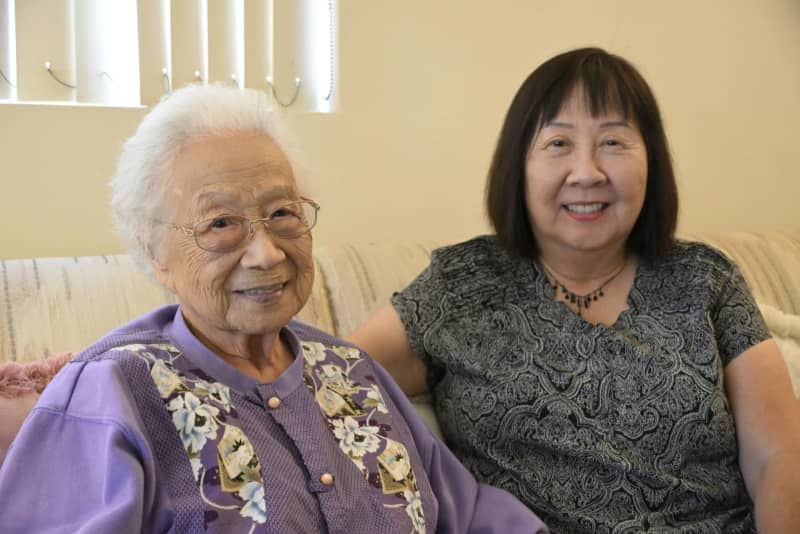The article delves into the lives of the Japanese atomic bomb survivors, or Hibakusha, who opted for silence while living in the United States. It explores the reasons behind their self-imposed silence, the challenges they faced, and the resilience they demonstrated to preserve their dignity and survive. The story unfolds against the backdrop of post-War America, shedding light on a lesser-known facet of Japanese-American history.
In Japan, the Hibakusha remain a poignant symbol of the devastating consequences of war. This article, however, offers a fresh perspective by focusing on those who left for America and chose to remain silent about their horrifying experiences. Japanese society holds a deep respect for these individuals who often endured discrimination and health complications, while their stoicism under such circumstances is also respected.
While the U.S. has long commemorated its World War II veterans, the narrative around Japanese-American Hibakusha is less documented and recognized. Unlike in Japan where Hibakusha are openly acknowledged and supported, these survivors in the U.S. often faced cultural and language barriers, leading many to hide their past. This comparative lack of societal and governmental support further emphasizes their silent resilience.

